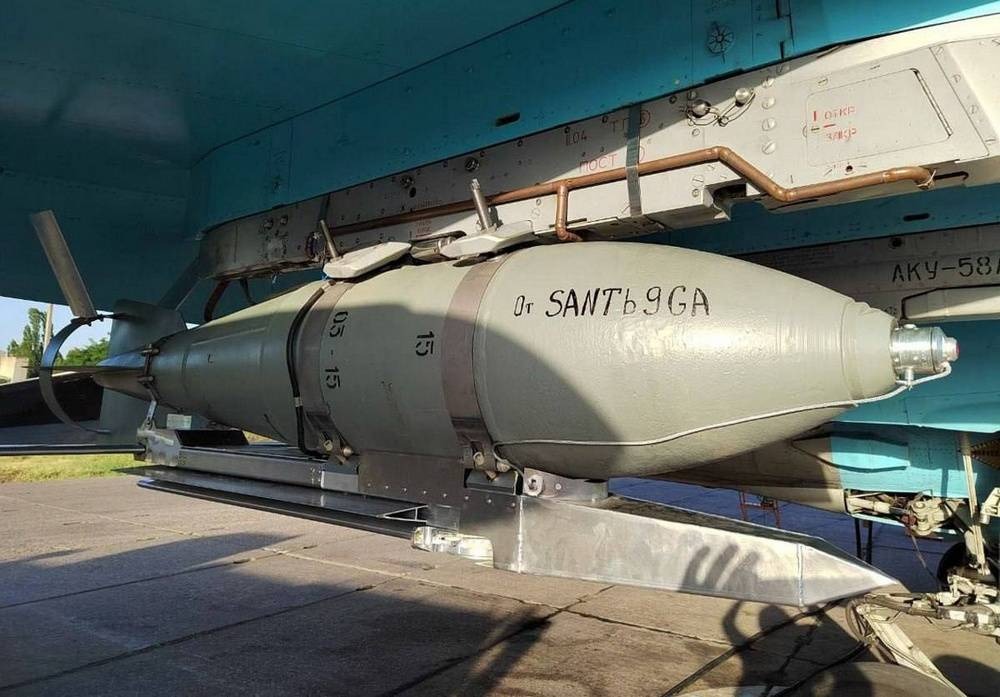WSJ: US-bound planes possibly targeted in Russian DHL-linked incendiary scheme
European investigators revealed a plot, involving incendiary devices hidden in massagers at DHL hubs, multiple individuals are under arrest.


Western security officials have uncovered a suspected Russian plot to deploy incendiary devices on US-bound aircraft, following the investigation of two devices that ignited at European DHL facilities, The Wall Street Journal reports.
According to security officials and people familiar with the probe, the devices, which ignited at DHL logistics hubs in Leipzig, Germany, and Birmingham, England in July, were electric massagers containing magnesium-based flammable substances.
The investigation revealed these incidents were likely part of a broader Russian operation targeting flights to North America, WSJ says. Lithuanian authorities have arrested a suspect who sent four incendiary devices, including two from a DHL shop in Vilnius. The suspect, who initially identified himself as Igor Prudnikov, was later identified as Alexander Suranovas, according to a European law-enforcement official.
Poland’s National Prosecutor’s Office reports the arrest of four individuals, charged with participating in sabotage or terrorist operations on behalf of a foreign intelligence agency.
“The group’s goal was also to test the transfer channel for such parcels, which were ultimately to be sent to the United States of America and Canada,” the prosecutor’s office stated.
Polish foreign intelligence chief Pawel Szota attributed the plot to Russian spies, warning it would mark a significant escalation in Moscow’s campaign against the West. Szota questioned if Russian leaders understand the consequences of a package explosion causing mass casualties, WSJ reports.
Kremlin spokesman Dmitry Peskov, responding to WSJ’s request for comment, claimed: “We have never heard any official accusations” of Russian involvement, adding: “These are traditional unsubstantiated insinuations from the media.”
According to WSJ citing people familiar with the matter, the devices narrowly missed being loaded onto DHL aircraft, while German police testing of replica devices indicated that ignited magnesium would be difficult to extinguish with standard aircraft firefighting systems.
The investigation continues with UK counterterrorism police working alongside other European law enforcement authorities, while Polish authorities are seeking at least two more suspects.
Related:
- The Guardian: UK suspects Russian spies behind DHL warehouse fire
- Poland begins building “Eastern Shield” on its border against threat of Russian aggression
- US and Germany reportedly foiled Russian plot to assassinate Rheinmetall CEO – CNN citing anonymous sources
- WSJ: Russian sabotage groups suspected for arson attack on plant producing air defense systems for Ukraine
- Ukraine to help Lithuania build RDX explosives factory
- Ukraine claims to have foiled Russian FSB arson plot in Ukraine and EU
- German DHL continues to operate in occupied Crimea (2017)



